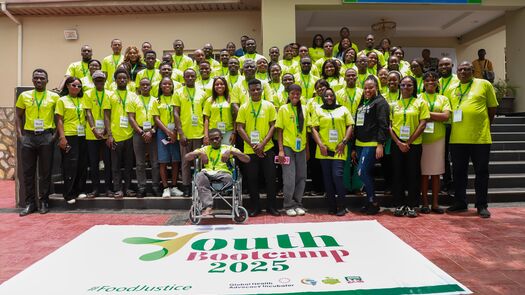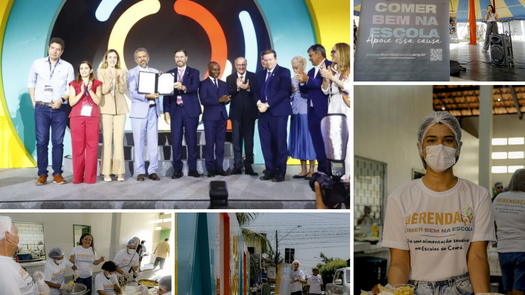November 25, 2025
The World Health Organization (WHO) published a report that showcases remarkable progress in the push to eliminate industrially produced trans fat from the global food supply.
WHO has called for the elimination of industrially produced trans fat from the food supply by 2023. Its new report, released on December 7, provides a status update. Trans fat consumption has been linked to coronary heart disease, dementia, Alzheimer’s disease and other diseases, as well as at least 500,000 cardiovascular disease-related deaths per year.
According to the report, mandatory trans fat policies are currently in effect for 3.2 billion people in 57 countries; of these, 40 countries have best-practice policies in effect, covering 1.4 billion people, or 18% of the global population. The report does not capture the approval of best-practice trans fat measures in Bangladesh on November 29.
“It is encouraging to see the momentum of trans fat elimination policies being implemented worldwide in line with WHO recommendations,” GHAI Senior Advisor Verónica Schoj said. “GHAI is proud to support advocates as part of the Resolve to Save Lives initiative to eliminate industrially produced trans fat from the food supply. We thank WHO for acknowledging the important role civil society can play to support the development and adoption of life-changing policy measures.”
The WHO report recognizes GHAI’s work at the global and country levels, including its support of locally led advocacy campaigns that have helped to pave the way for the adoption of best practice trans fat measures in Brazil (2019), Türkiye (2020), India (2020 and 2021) and the Philippines (2021).
“GHAI has used a two-pronged approach (working with both governments and civil society organizations) particularly well, highlighting the value that civil society brings to national policymaking processes,” the report states. “GHAI’s support was instrumental to the recent passage of TFA policies in Brazil, India, the Philippines and Türkiye, and the recent draft policy notifications in Bangladesh and Nigeria.”
WHO highlights several strategies employed in these and other countries to advance trans fat measures, including support of government efforts to collect data on trans fat levels in the food supply, structure effective and context-specific regulations, raise awareness of trans fat harms through local civil society organizations, and build support for policies via communications campaigns and coalition building.
WHO also cites two resources GHAI created for government, researchers and civil society: a guide on PHO Market Mapping and a tool to develop strong trans fat measures titled Key Considerations for Regulating Trans Fat.
GHAI currently supports locally led advocacy campaigns to eliminate industrially produced trans fat in Argentina, the East African Community, Ethiopia, Nigeria and the Philippines. Learn more about the work of GHAI’s Cardiovascular Health program to catalyze food and health policies that improve heart health and save lives, including impactful trans fat elimination campaigns in Brazil, Türkiye, India and the Philippines.



